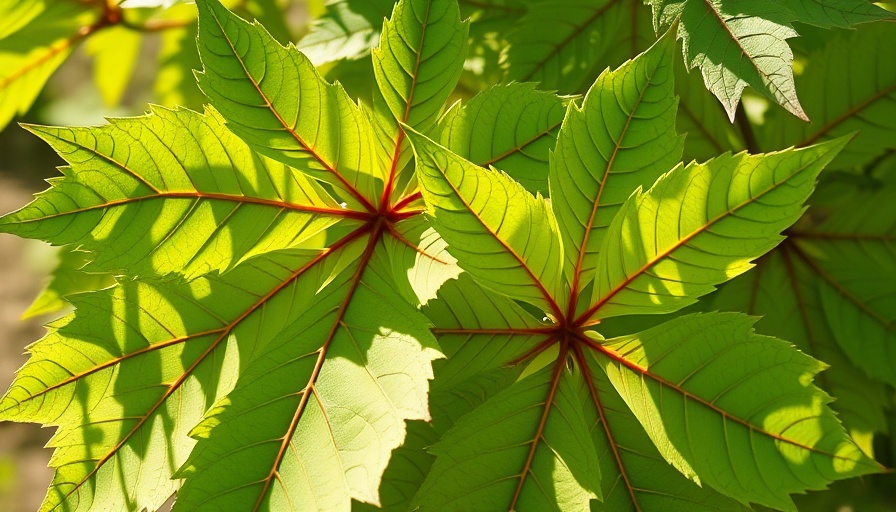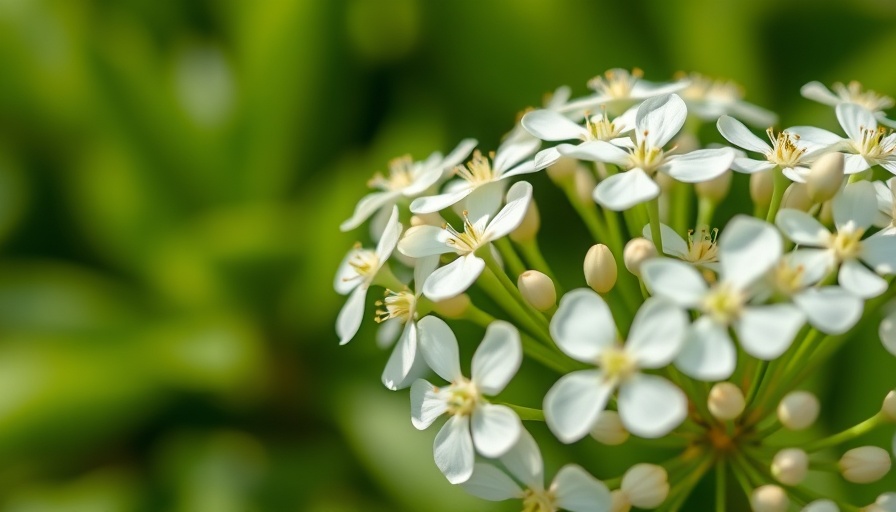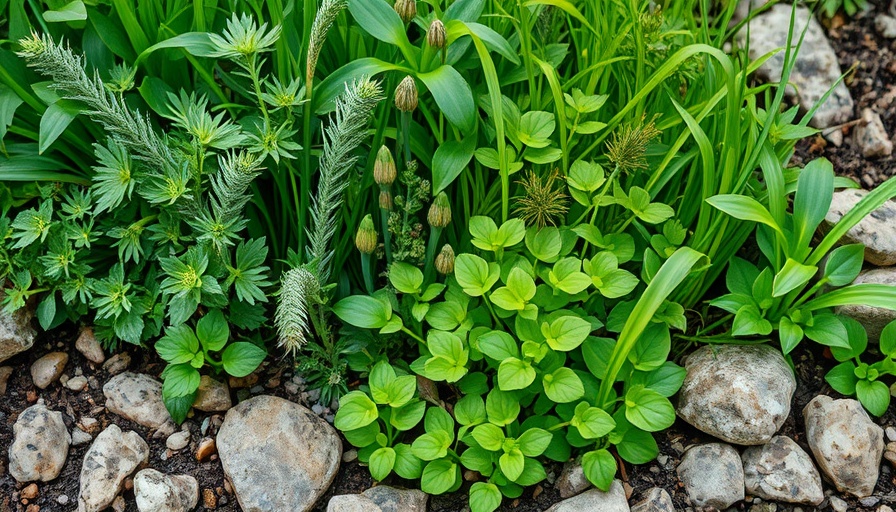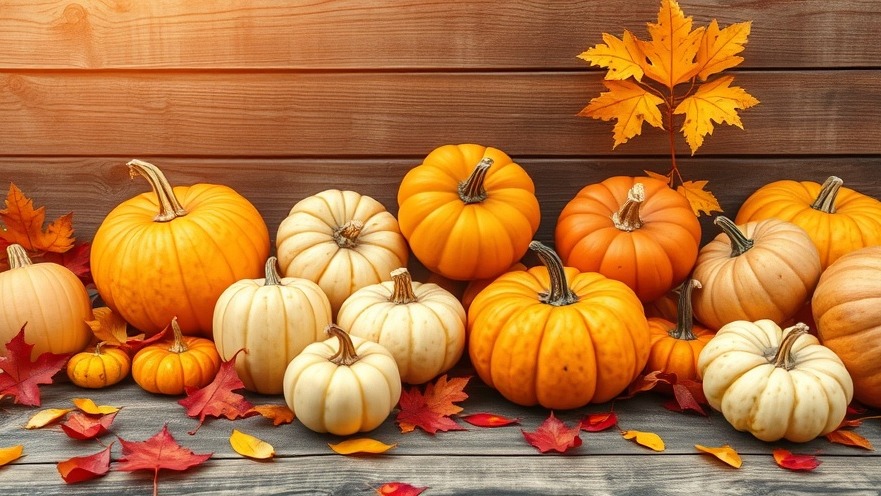
The Hidden Gem of British Trees: Field Maple
The field maple, or Acer campestre, may not be the most famous tree in the UK, but it holds significant ecological value and aesthetic beauty. As the only native maple species, it thrives in various environments, particularly in hedgerows and woodlands. If you're an eco-conscious homeowner or homesteader, incorporating this resilient tree into your landscape not only enhances your garden's charm but also supports local biodiversity.
Why Choose Field Maple for Your Garden?
This deciduous tree stands out with its medium size and rounded crown, showcasing lobed leaves that transform into shades of golden yellow in the autumn. In spring, it bursts into life with small, delicate flowers that develop into distinctive winged fruits known as samaras. Unlike many ornamental species, the field maple thrives in a range of soil types, especially those enriched with lime, making it a versatile choice for various gardening conditions.
Furthermore, the wood of field maple is highly valued for its fine grain. Historically, it was favored for crafting beautiful musical instruments and medieval drinking bowls. As a practical choice for your garden, this tree offers both functionality and aesthetic appeal, enhancing your outdoor living space while contributing to a sustainable environment.
Identifying Field Maple: Key Characteristics
For those looking to integrate field maple into their lawns or gardens, recognizing its unique features is essential to avoid confusion with other Acer species like sycamore and Norway maple. Field maple leaves are smaller and have more rounded lobes compared to sycamore. A distinctive aspect of field maple seeds is their horizontal wing spread, in contrast to the acute angled wings of sycamore seeds.
In terms of lifespan, field maples are impressive: they can live for up to 350 years. Thus, planting a field maple today can ensure a lasting legacy of beauty and ecological benefit for future generations.
Supporting Local Wildlife
Making the choice to plant native trees like the field maple translates into significant benefits for local wildlife. This remarkable tree supports over 50 species of invertebrates, including important moth caterpillars. This biodiversity makes the field maple an integral part of local ecosystems, providing a habitat for numerous species and contributing to a balanced environment.
By incorporating field maple into your garden, you not only create an inviting atmosphere but also join the fight for conservation, promoting a sustainable lifestyle that values and protects nature.
Practical Tips for Growing Field Maple
So how do you go about planting and nurturing this wonderful tree? Here are some practical tips:
- Ideal Conditions: Field maple thrives best in well-drained, lime-rich soils but can also adapt to various soil types. Ensure sufficient sunlight for optimal growth.
- Watering Practices: Establish a good watering routine during the initial planting phase. Once established, this resilient tree will require less water, making it perfect for eco-friendly gardening.
- Maintenance: Regular pruning helps maintain its shape and encourages healthy growth, while also fostering a fantastic canopy for wildlife.
By following these steps, you set the stage for a flourishing field maple that contributes to your home garden's sustainability while providing habitat and food for local wildlife.
Future Trends in Eco-Friendly Gardening
As we look to the future, the movement towards sustainable home design will only continue to grow. Homeowners are increasingly seeking eco-friendly gardening practices that balance aesthetics with ecological responsibility. The field maple aligns perfectly with these trends, serving as a native option that supports local ecosystems while enhancing garden appeal.
Furthermore, beyond just planting, consider introducing elements like composting systems, water conservation tactics, and toxin-free plant care to create a holistic approach to sustainability in your garden.
Your Role in Promoting Sustainability
By choosing to plant field maple and adopting best practices for eco-friendly gardening, you're not just beautifying your home; you're making a choice that impacts the Earth positively. Every field maple tree plays a part in reducing carbon footprints, preserving local habitats, and promoting biodiversity.
With practical measures—like incorporating sustainable practices into your gardening—you can lead the way in driving community awareness about environmental stewardship.
Call to Action
Explore ways to integrate eco-friendly practices into your landscaping today! Whether it’s choosing native plants like field maple or implementing composting systems, every step counts toward a more sustainable future. Together, we can make a difference.
 Add Row
Add Row  Add
Add 




Write A Comment